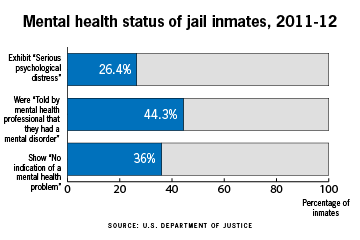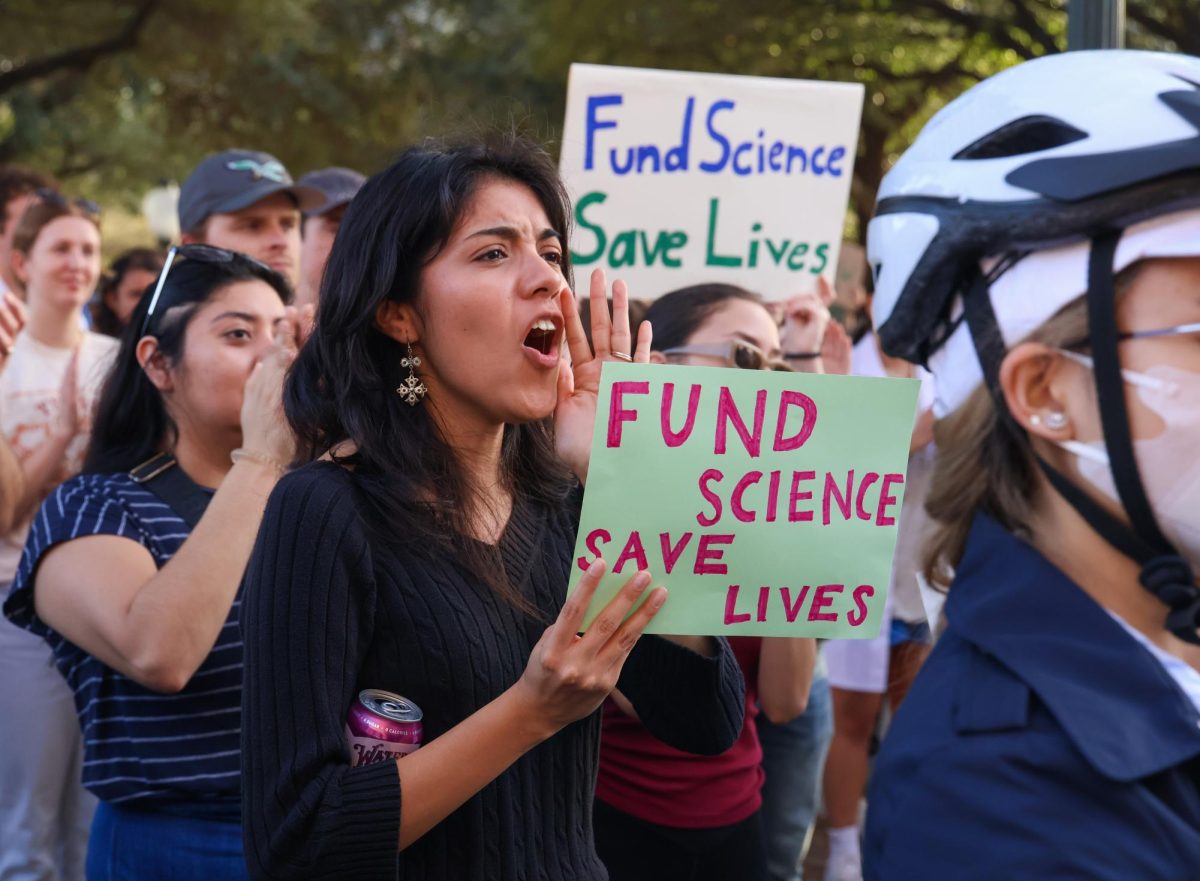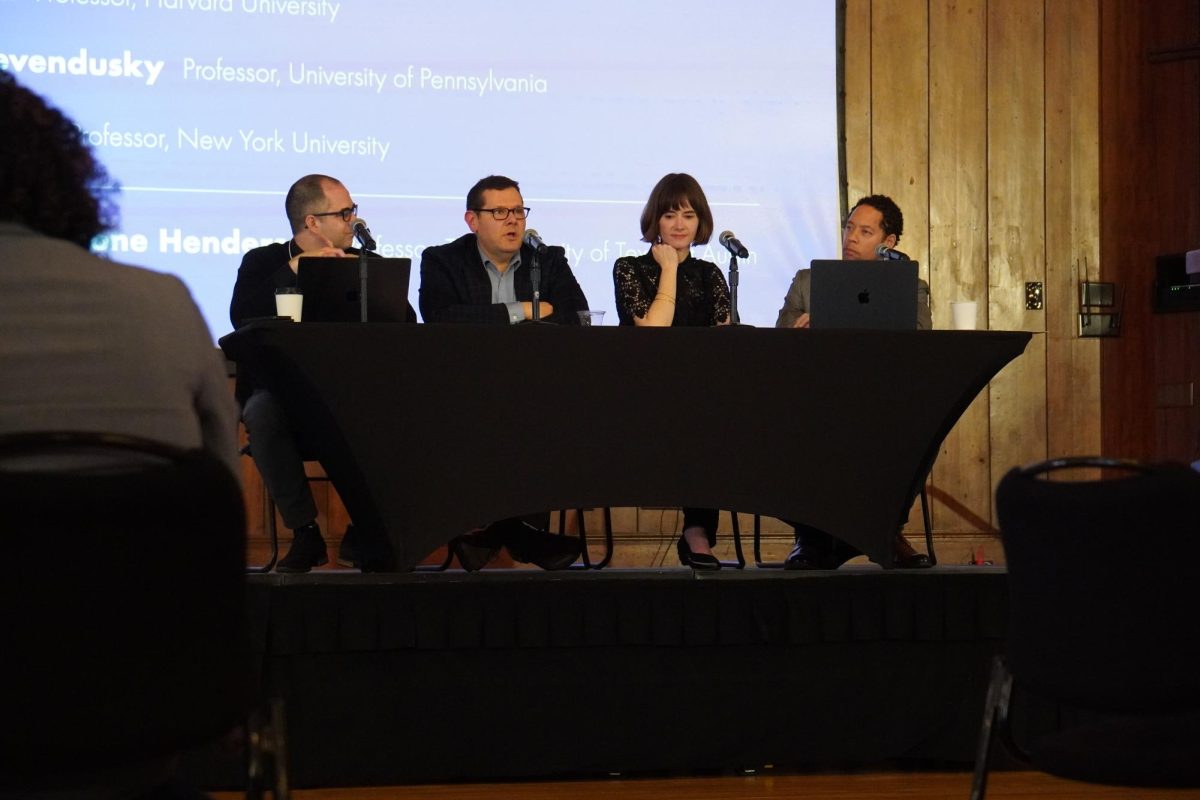Travis County officials introduced the county’s new mental health diversion program to the city of Austin’s Public Health Committee on April 3 after initially announcing it in late February.
“(The county is) ready to execute a contract (for the program) this month in April,” County Commissioner Ann Howard said at the meeting. “I hope the city will (be) too.”
Travis County Judge Andy Brown said the county will participate in the three-year pilot program, called the Crisis Care Diversion Pilot Program, alongside the city of Austin and Integral Care, the county’s mental health authority. He said 44% of the county jail’s 2,300 inmates face “significant unmet mental health needs,” an amount nearly double pre-pandemic statistics.
“It’s really hitting us hard here locally because there’s not a good place for people to get mental health services,” Brown said. “Locking people up isn’t working. … On average, there’s about 900 people, that 44% of the jail (who cycle in and out), that really should be getting mental health help instead of sitting in the (county) jail.”
Brown said his experience at The Sobering Center – Austin, which allows intoxicated individuals to sober up outside of jail, inspired him to bring a similar program for mental health to Travis County. He said the county and its partners have looked at diversion programs nationwide to inform the program’s development in Austin.
Brown said he wants the program to eventually have two facilities — one for mid-level mental healthcare and another for mental health crises. He said programs in Nashville, Tennessee, and Tucson, Arizona, inspired this planned approach to the issue.
“We need police, we need EMS, we need community members to be able to bring someone in no matter what their mental health condition or need is (so they) get the help they need to get stabilized and get them into housing,” Brown said.
The program plans to utilize current Integral Care programs and facilities “to immediately address unmet community needs and divert individuals from the legal system,” said Dawn Handley, Integral Care’s chief operations officer, in an email. She said Integral Care will design and implement the collaborative program.
Handley said the program will expand the Genevieve Tarlton Hearon Respite Recovery Building to accommodate services, hosting 25 beds for adults needing “extended therapeutic respite care.” Patients will receive treatment for up to 90 days.
“It’s not what we want to do in the end, but it’s a start,” Brown said. “(The program) will allow police to take people there (to get) stabilized. They’d move into a safe house situation where they’re still getting mental health support and being overseen by medical professionals.”
Brown said the county is considering a partnership with the Austin State Hospital, which will vacate a few buildings on its campus between Guadalupe Street and Lamar Boulevard. He said the county hopes to use those buildings to care for 15 to 20 individuals “having severe mental health crises.”
Ultimately, Brown said he wants this program to assist the Travis County Jail’s thinly spread staff and the criminal justice system broadly. For example, over 35 professionals provide Travis County inmates with mental healthcare, according to an email from Kristen Dark, a public information officer from the Travis County Sheriff’s Office.
“If we can reduce it by that 900 people that I mentioned, or even a half or a third of those 900, that’s a significant reduction over the year,” Brown said. “We can invest our money in proactive health care that’s going to get people stabilized. That’s how you have a safer community.”














